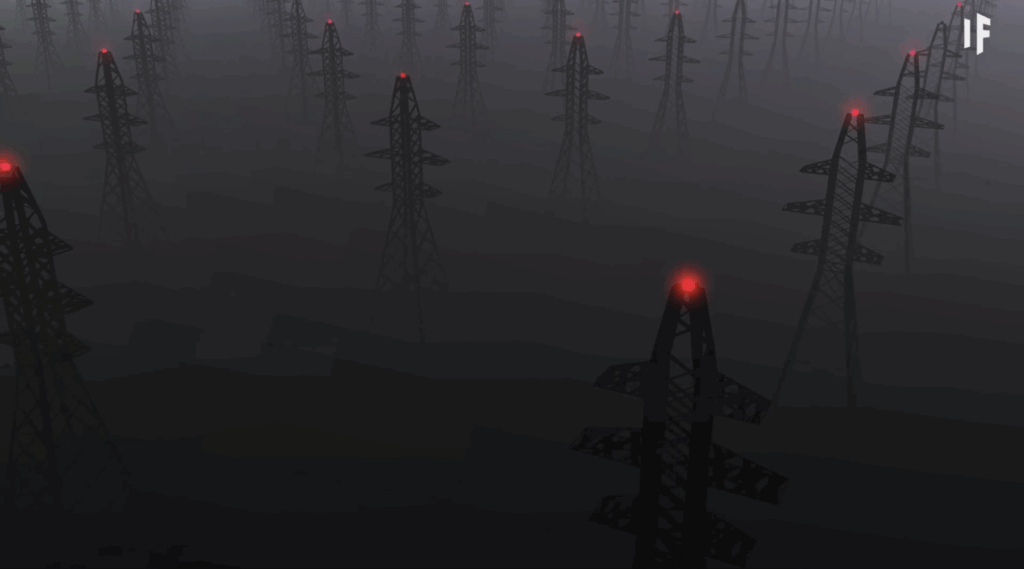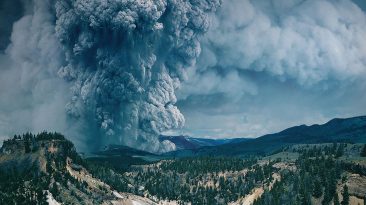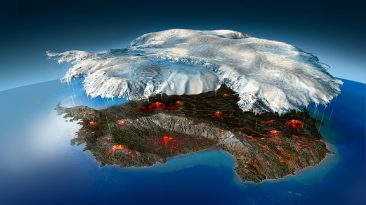Imagine waking up to what seems like an ordinary morning, only to watch in disbelief as the sky turns completely black without any warning. For the first time in four point six billion years, the Sun has stopped shining for a full twenty four hours, leaving the Earth in absolute darkness with no light, no warmth, and an eerie silence settling over the planet.
Although it sounds like something out of a science fiction movie, this thought experiment reveals just how fragile life on Earth truly is. Here are five major things that could happen if the Sun suddenly vanished from our skies for one entire day.
1. The Planet Would Go Dark and Reveal an Incredible Night Sky
Since it takes about eight minutes and twenty seconds for sunlight to reach Earth, there would be a brief delay before anything changed. But when the last bit of sunlight faded, everything would instantly shift. Daylight would disappear. The sky would no longer be blue.
In its place, the sky would be filled with stars like you have never seen before. The Milky Way would stretch brightly across the sky, and nearby planets would briefly reflect light before fading as well. Although it might be the middle of the day, it would feel like the middle of the night.
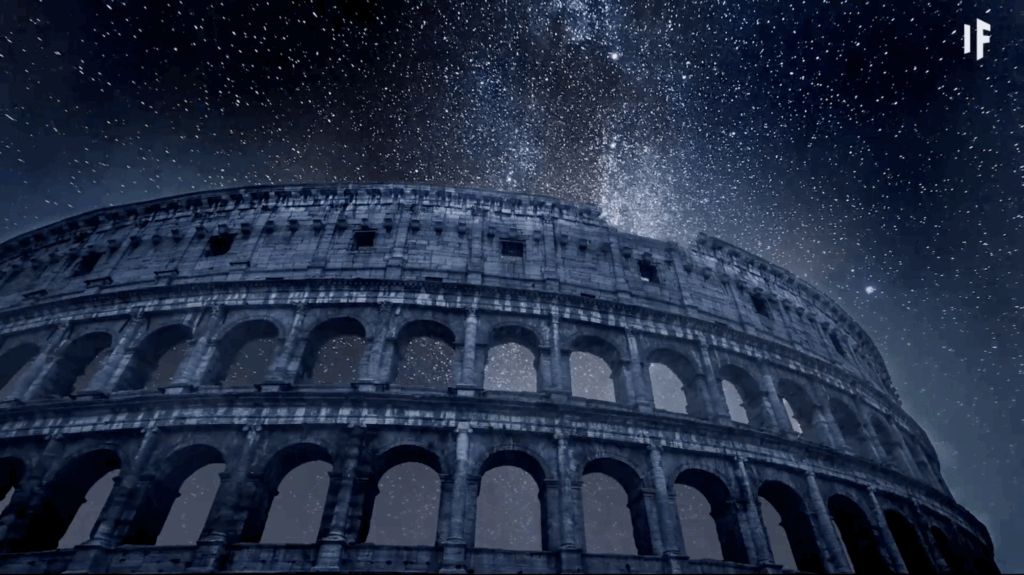
2. Your Body and Mind Would Struggle to Adjust
The human body relies on natural light to maintain its internal clock. Without it, people would quickly feel disoriented. Mood swings, confusion, and fatigue would affect many, and sleep cycles could be disrupted.
Animals would feel the shift too. Daytime creatures would stop their usual routines, while night dwellers would come out early and enjoy the prolonged darkness. For some animals, this shift would be confusing. For others, it would be a feast.

3. Ecosystems Would Be Thrown Into Disorder
Plants rely on sunlight to carry out photosynthesis, the process that fuels their growth. Most plants can survive a day without light, but some might begin to weaken. In time, this could ripple through the food chain.
The ocean would be even more affected. A full day without light would harm plankton, the tiny organisms that sit at the very bottom of the marine food web. If plankton stop growing, everything from small fish to giant whales could be affected.
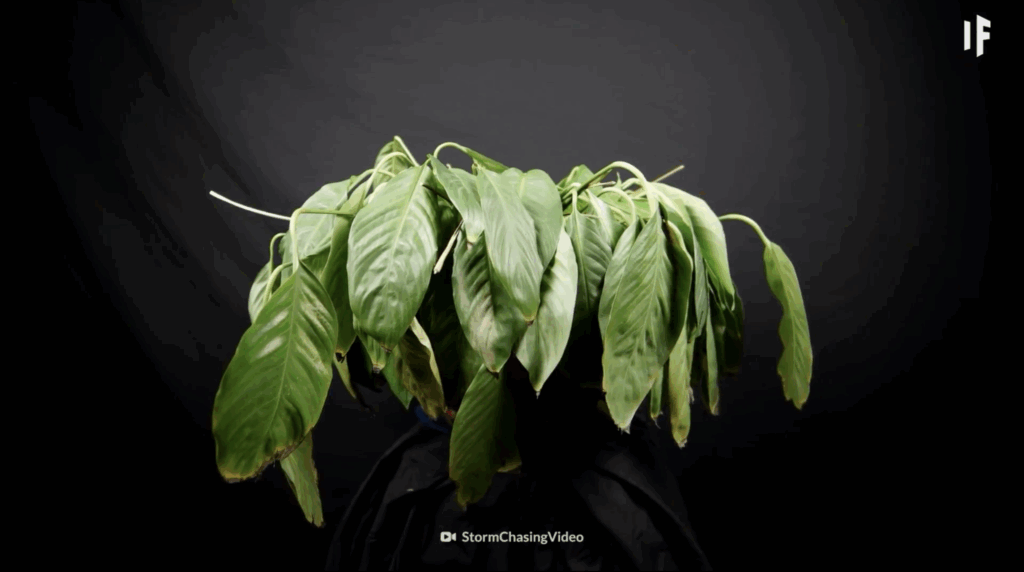
4. Temperatures Would Begin to Drop
Without the Sun’s warmth, the surface of the planet would start to cool. At first, the atmosphere would help trap some heat. But within an hour, you would notice the air getting colder.
While it would not be freezing yet, temperatures would continue to drop. By the end of the 24 hours, parts of the world would be noticeably colder, and frost could appear in areas that are normally warm. If the Sun stayed off any longer, the entire planet could begin to freeze.
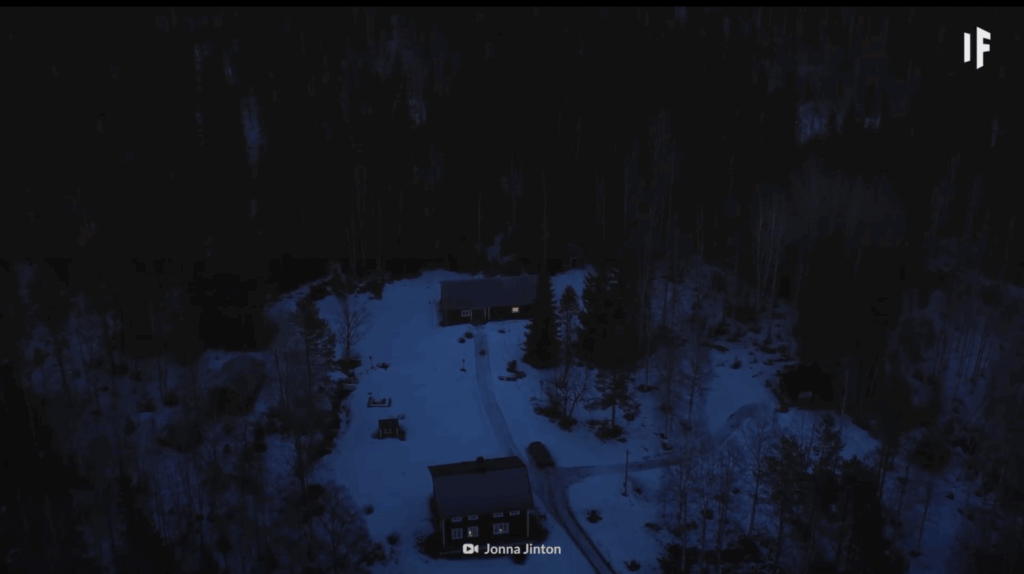
5. Power and Energy Systems Would Be Put to the Test
Electricity would still be available at first, but the demand for artificial light and heating would soar. Without solar power, energy grids would come under pressure. In some areas, blackouts would occur. In colder places, heating systems might fail.
Some regions, especially those used to long winter nights like parts of Canada or northern Europe, would be more prepared. For everyone else, it would be a scramble to stay warm and keep the lights on.
